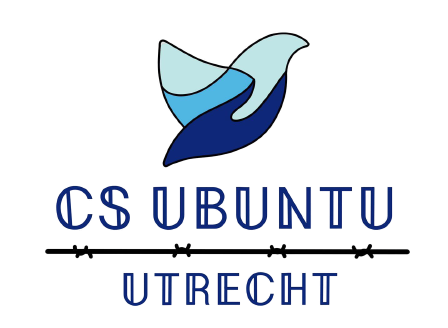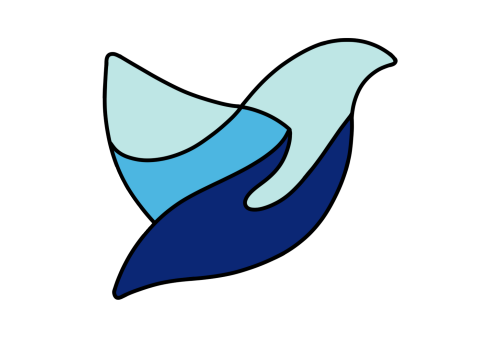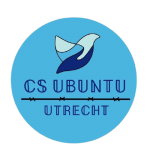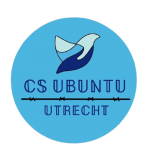A Forgotten Conflict: West-Papua
Very few eyes are focused on this conflict, but violence has been raging in West Papua for years now. In this province of Indonesia, there is a struggle for independence on the one hand, and violent oppression and systematic racism on the other.
After Indonesia became independent from the Netherlands in 1949, West Papua came under the control of Indonesia. But in 1969, the UN ordered Indonesia to hold a referendum where Papuans could vote for or against independence; this was called the Act of Free Choice. However, this got rigged by the Indonesian government; instead of truthfully holding the referendum, only a few Papuan tribal leaders were appointed to vote. While being put under pressure, these leaders eventually opted to join Indonesia. Although the UN sanctioned the result, nothing else was done to change the situation. Therefore, Papuans nowadays refer to this act as the ‘Act of No Choice’.
Since then, tensions have risen sharply between the government and the people of West Papua, and among the latter, an ever-growing independence movement. But because of this, the Papuans have been under continuous attack. While trying to control the population of West Papua, the Indonesian army has systematically killed, raped and tortured people. These numbers are so high that there is even talk of a ‘slow motion genocide’.
One of the reasons why the province is so sought after by the Indonesian government, is its wealth in resources. There are various precious metals to be found, including gold, silver and copper. In order to exploit these, thousands of people have been displaced and killed. For example, space was made for the giant American- and British-owned Freeport mine. This became the largest gold mine worldwide. The effects on the natural environment were disastrous. A sacred mountain was transformed into a crater for this, and the local river became completely polluted. Companies like these are still important taxpayers to the Indonesian government today, demonstrating the interests at stake here.
Another reason for wanting to own West Papua can be found in the population density of the mainland. Many islands of Indonesia are becoming increasingly overcrowded; West Papua offers space. Therefore, in the 1980s, the Indonesian government decided to free up land owned by the Papuans for ‘transmigration sites’. In this way, space was made for a total of 5 million Indonesians to move to the province. As a result, more than ten thousand Papuans have been displaced and fled to neighbouring Papua New Guinea.
In order to combat the Indonesian occupation and repression, a counter-movement was formed in 1970, called the Free Papua Movement (Organisasi Papua Merdeka, OPM). This organization consists of three parts; small groups spread across the province organizing protests and demonstrations, leaders abroad trying to raise awareness for the struggle, and a group of armed units. These units carried out various guerrilla attacks on the Indonesian army. However, the Indonesian army has always been well armed, while the OPM often merely fought with bows and arrows. As a result, battles have often turned out to the disadvantage of the Papuans.
This conflict has now festered for decades. Amnesty reports on many human rights violations against the Papuans. People who participate in peaceful protests are imprisoned and the police are cracking down on protesters, using a lot of force. This often causes injuries and deaths. Prisoners are tortured and sometimes even die in detention.
In addition, there is systematic racism. In 2019 a video showed how Papuan students are called ‘monkeys’ by Indonesian soldiers. The image of a monkey then became symbolic for the independence movement. ‘’Today, we’ve decided to beat the racists at their own game by making the monkey a symbol of our revolutionary movement’’, said Victor Yeimo, spokesperson for the National Committee for West Papua.
Although this image has since come up a lot in the protests, it has only appeared in relatively few western news media. Reporting on this conflict has continuously been lacking. It has therefore often been referred to as a ‘forgotten conflict’.
However, Indonesian perspectives have been visible in the Netherlands. In 2020, it was revealed that an online ‘troll army’ had been active, which had been spreading propaganda in a shadowy way that argues against West Papua’s independence. Instead, the messages insisted on “special sovereignty” for the province. “I can only think of one party that benefits from these messages and that is the Indonesian government,” activist Raki Ap said. The Indonesian embassy in the Netherlands has never wanted to comment on the allegations.
As long as this remains a forgotten conflict, there is little chance of improvement. According to experts, international pressure on the Indonesian government would help best, but this would of course first require awareness.
Abroad, but also in the Netherlands, various diaspora and interest groups try to draw attention to this struggle. Via the link you can check out these organizations and look at possible ways to help.



